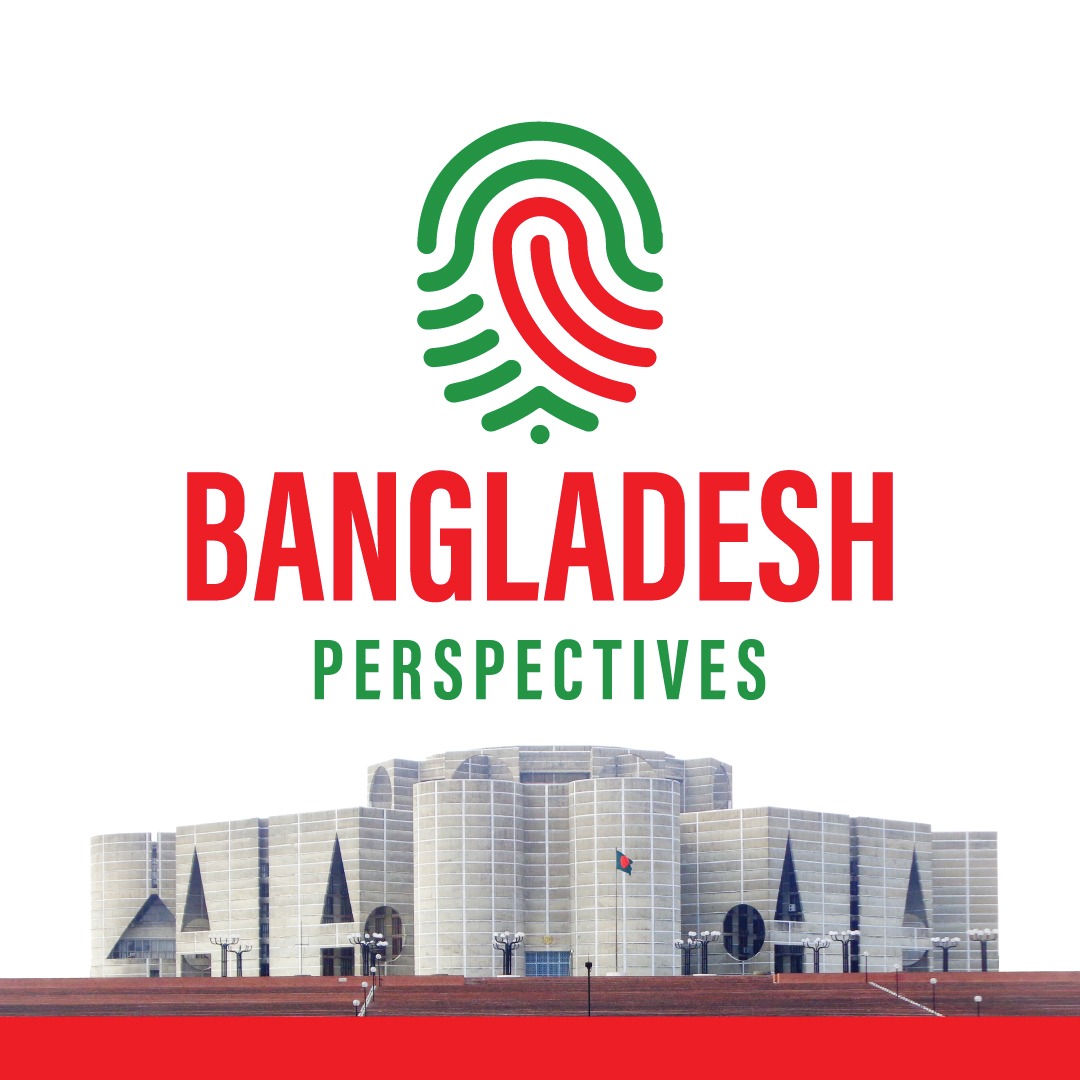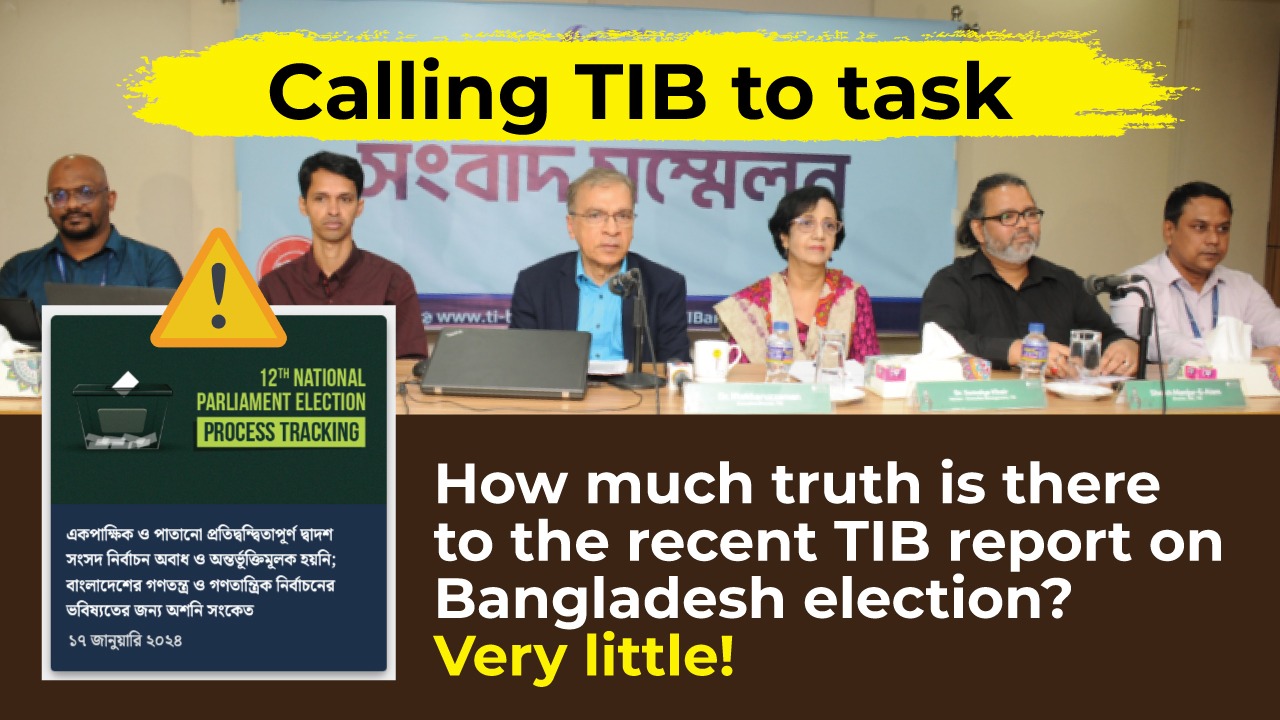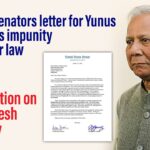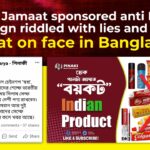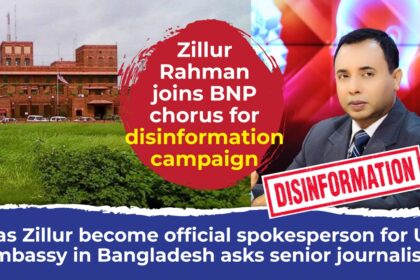TIB’s recently published report on the 12th parliamentary election has given rise to a heated debate.
Among other contentious points, TIB said the polling, including 15.43% in the last hour of the election, sparked controversy in the context of a total vote count of 41.8%. The information is not only misleading but also untrue.
The Election Commission reported a vote count of 17.15% in the first four hours of polling (a couple of newspapers reported 18.5%). This rate is not unusual. On the one hand, it was a severe winter; on the other, buses and trains were attacked during the blockade and hartal enforced by the parties boycotting the election.
Right before the polls, Benapole Express was set on fire, and innocent people were killed, while the educational institutes of the polling stations were set on fire the night before the polls. A dead body was found near a polling station in Munshiganj on election morning. These acts instilled immediate fear in the psyches of the voters. It is a very natural phenomenon that these things affect the turnout.
However, as the day wore on, people saw the polls being held in a very peaceful environment with unprecedented security. As a result, voters’ interest and voter attendance increased gradually. By then, many BNP supporters had also changed their minds. But some electronic and print media have systematically tried to make the election seem voterless by repeatedly presenting images of the morning polls in their media.
TIB belongs to that group. It seems they are trying to create confusion in the public mind with false information.
I speak with responsibility from the direct experience of my father’s four elections. A section of rural voters come to vote in the afternoon after having lunch. They come to vote late with the preparation of returning home after knowing the result of the vote. So there was a lot of pressure on the voters last afternoon.
TIB said that the Election Commission has played the role of one of the catalysts in the implementation of the one-sided election “agenda.” Other state institutions, particularly law enforcement agencies and administration, have similarly been used in a supporting role for the same “agenda.”
TIB said there may be no challenge to the legal validity of the election, but its success will forever be questioned on the basis of political correctness and democratic and ethical standards. That the prerequisites for ensuring free, participatory, impartial, and equal competition in elections were not fulfilled in the 12th parliamentary election.
TIB believes that the question of people’s trust and acceptance of government in terms of integrity and morality and its implications will be far more relevant than any interest in the potential success or failure of the government for a fourth consecutive term.
In this context, I am quoting the survey results of some national dailies critical of the Awami League government:
— In response to a poll on constitutional expert Dr Shahdeen Malik’s comment that the moral foundation of the new government is weak, 62% of the participants said no, while 36% said yes.
— Human Rights Watch said widespread repression and violence against opposition party members before elections in Bangladesh undermined the promise of a fair vote. Responding to this question, 66% of respondents said no, while 32% said yes.
— Four US senators believe violence and intimidation of opponents undermined the electoral process in Bangladesh. Around 83% of respondents did not agree with the view, while 16% said yes.
— BNP Senior Joint Secretary General Ruhul Kabir Rizvi said that the people boycotted the election spontaneously. In response, 41.93% agreed with the BNP leader, and 57.45% said no.
Had everyone been with the BNP, why was there no mass uprising? In Myanmar, the junta’s airstrikes and ground attacks are not enough to subdue people’s power. The real truth is that the AL is a party of the people. This group created the context of the War of Independence through a long struggle and led the war. The Awami League has held almost all of Bangladesh’s significant achievements. Thus, a 41.8% turnout is by no means unusual.
It is also impractical if anyone argues that no election is fair if the BNP does not participate in it.
The chief election commissioner has made it clear that anyone having any doubts could challenge the turnout in court. To my knowledge, TIB has not challenged the CEC’s announcement and has not filed any complaints.
The heads of government and state of around 60 countries and various international organizations, including the UN Secretary-General, congratulated Prime Minister Sheikh Hasina and expressed their commitment to work together. The United States and the European Union have expressed interest in working closely with the new government and the people of Bangladesh.
The publication of TIB’s research report in such a context naturally raises eyebrows.
Md Zakir Hossain: Professor, Department of Law, University of Chittagong.
